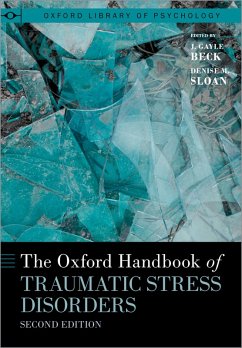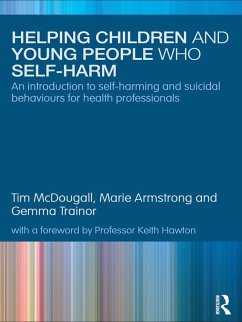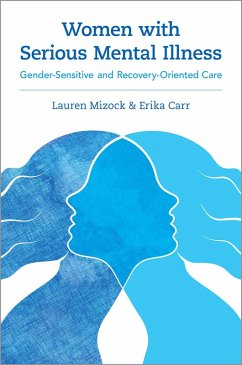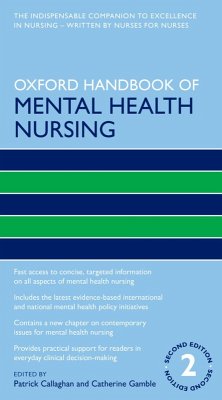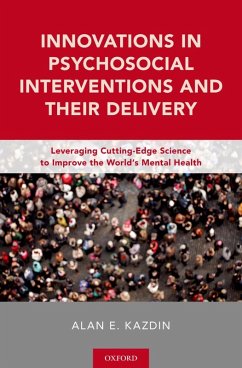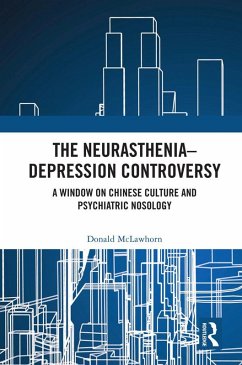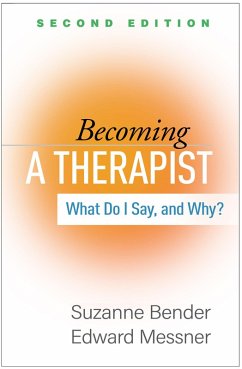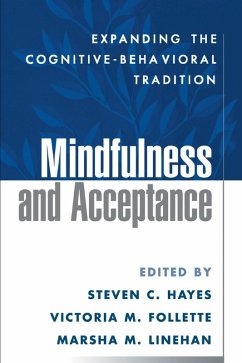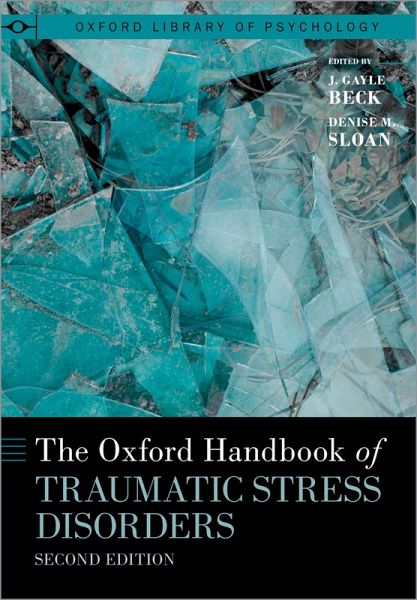
The Oxford Handbook of Traumatic Stress Disorders (eBook, ePUB)
Versandkostenfrei!
Sofort per Download lieferbar
74,95 €
inkl. MwSt.
Weitere Ausgaben:

PAYBACK Punkte
37 °P sammeln!
The experience of traumatic events is a near-universal, albeit unfortunate, part of the human experience. Given how many individuals are exposed to trauma, it is interesting to question why some individuals are resilient in the face of trauma while others go on to develop chronic post-traumatic stress. Throughout the relatively brief history of the psychological study of trauma, a number of themes have consistently emerged; many of these themes remain essential elements within our current study of traumatic stress disorders, as summarized within this volume. The Oxford Handbook of Traumatic St...
The experience of traumatic events is a near-universal, albeit unfortunate, part of the human experience. Given how many individuals are exposed to trauma, it is interesting to question why some individuals are resilient in the face of trauma while others go on to develop chronic post-traumatic stress. Throughout the relatively brief history of the psychological study of trauma, a number of themes have consistently emerged; many of these themes remain essential elements within our current study of traumatic stress disorders, as summarized within this volume. The Oxford Handbook of Traumatic Stress Disorders addresses the current landscape of research and clinical knowledge surrounding traumatic stress disorders. Bringing together a group of highly-regarded experts, this volume is divided into six sections, together summarizing the current state of knowledge about 1) classification and phenomenology, 2) epidemiology and special populations, 3) contributions from theory, 4) assessment, 5) prevention and early intervention efforts, and 6) treatment of individuals with post-trauma mental health symptoms. Throughout the volume, attention is paid to identifying current controversies in the literature and highlighting directions that hold promise for future work. In this new second edition, experts on traumatic stress contribute chapters on topics spanning classification, epidemiology and special populations, theory, assessment, prevention/early intervention, treatment, and dissemination and treatment. This expanded, updated volume provides research updates and highlights areas that need continued clarification through additional research. With new chapters on adverse childhood experiences, suicide following the experience of trauma, and evidence-based treatments, the second edition provides an up-to-date and valuable resource for clinicians and investigators with interest in traumatic stress disorders.
Dieser Download kann aus rechtlichen Gründen nur mit Rechnungsadresse in A, B, BG, CY, CZ, D, DK, EW, E, FIN, F, GR, HR, H, IRL, I, LT, L, LR, M, NL, PL, P, R, S, SLO, SK ausgeliefert werden.





